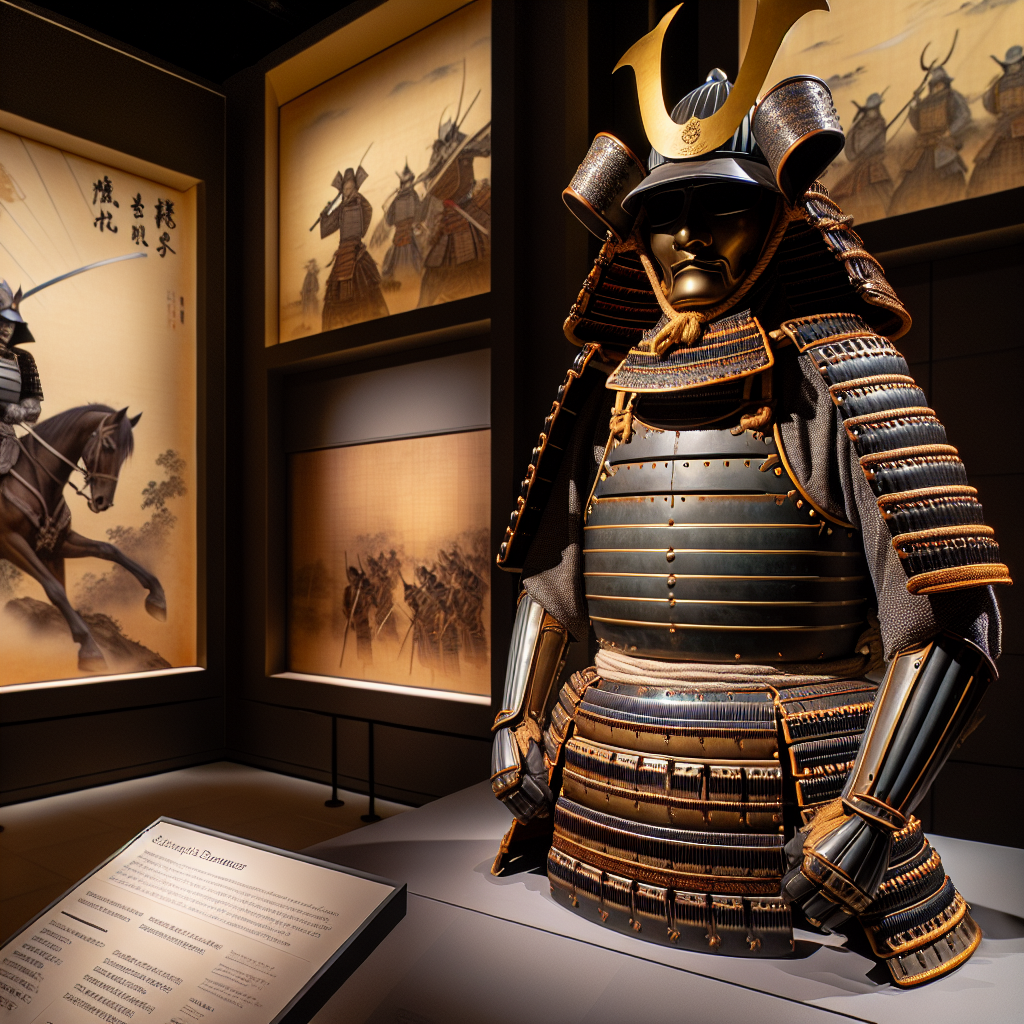The Unyielding Spirit: Understanding Japan's Stance in World War II
In the fiery crucibles of World War II, the cultural ethos of a nation played an unparalleled role in shaping its military strategies, behaviors, and ultimately, its fate. Japan, an island nation with a deep-seated sense of honor and obligation, provides a fascinating study in how deeply ingrained values can dictate the course of war. This analysis delves into the stark dichotomies between Eastern and Western perspectives on honor, strategy, and survival during one of history's most devastating conflicts, drawing insights from a compelling discourse on the matter.
Eastern Valor vs. Western Pragmatism
In the Western theater of World War II, the mantra of survival was paramount. Soldiers were taught that to live—to retreat, if necessary—was to fight another day. Surrender, while not the primary goal, was not inherently dishonorable. The West, with its emphasis on individual liberties and rights, allowed for a pragmatic approach to warfare.
Conversely, in the East, and particularly in Japan, the narrative was dramatically different. Here, the concept of honor was intertwined with every facet of life, including war. The moment a Japanese soldier perceived the losing end of a battle, the options narrowed drastically. Surrender was not merely a sign of defeat but a monumental failure that brought dishonor not just to the individual, but to their family, their community, and everyone they were associated with. This did not merely dictate the actions of individuals but permeated the strategic level, where operational success was prioritized over strategic withdrawal.
The Burden of Obligation
At the heart of this diverging viewpoint lies a fundamental difference in societal values. Western cultures, driven by the ideals of personal liberties, prioritize the individual's rights. In contrast, Eastern societies, exemplified by Japan during this era, placed a profound emphasis on obligations to others. This societal structure influenced not just everyday interactions but extended its reach to the battlefield, where the collective honor of the nation and its ancestors weighed heavily on the shoulders of its soldiers.
The Toll of Exhaustion and Economic Strain
As the war dragged on, Japan's resilience was tested not just by the might of its adversaries but by the severe limitations of its own resources. With an economy a fraction of that of its opponents and reliant on imports for essential commodities like food, Japan was cornered into desperation. This economic strain added another layer of complexity to Japan's military strategy, where the traditional bushido spirit was now battling not just enemy forces but the looming specter of starvation and societal collapse.
For further reading on Japan's economic conditions during World War II, visit:
The Emperor's Intervention
In the closing chapters of the war, with Japan teetering on the brink of annihilation, Emperor Hirohito emerged as a pivotal figure. Until that point, Hirohito had remained a somewhat enigmatic character, his dissent potentially lethal due to the militaristic zeal that saturated the highest echelons of Japanese power. However, faced with the apocalyptic prospect of nuclear devastation, Emperor Hirohito intervened decisively.
His actions in breaking the deadlock at cabinet meetings underscored a critical juncture in Japan's wartime narrative. It was a moment where the highest authority in the land was compelled to steer the nation away from the path of honor-bound destruction to one of survival, even if it meant bearing the unbearable weight of surrender.
Insightful background on Emperor Hirohito's role can be found here:
The Lasting Legacy
The conclusion of World War II marked a significant transformation for Japan, from a militaristic empire driven by the ethos of honor and obligation to a nation embarked on a path of peace and rejuvenation. The wartime experiences illuminated the profound impacts of deeply held cultural values on a nation's wartime conduct and strategies.
The diverging narratives between East and West during the conflict reveal not only the complexities of war but also the deep-rooted beliefs that drive nations into battle. Japan's story is a poignant reminder of the human dimension in warfare, a tale of how honor, duty, and obligation can shape the destiny of nations.
In reflecting on these themes, it becomes clear that the spirit of a nation, its cultural heritage, and values play as critical a role in the theater of war as do the strategies employed on the battlefield. Japan's unyielding adherence to honor, despite the dire consequences, speaks to the remarkable resilience and depth of a nation's character, offering a profound lesson on the intertwining of culture, honor, and warfare.
As we delve into the annals of history, the story of Japan during World War II serves as a powerful testament to the enduring spirit of a nation, its transformative journey through the crucibles of conflict, and the universal quest for dignity and honor in the face of insurmountable odds.
Related News
- The Incongruous Morale of Imperial Japan's Military Forces
- The Cultural Undercurrent in Warfare: Lessons from Japan's Military History
- The Complexities of Japan's Surrender in World War II
- The Convergence of Politics, Military Necessity, and the Atomic Bomb: A Deeper Dive into World War II's Endgame
- The Paradox of Resilience: Unpacking the Soviet Union's Unyielding Spirit in WWII
